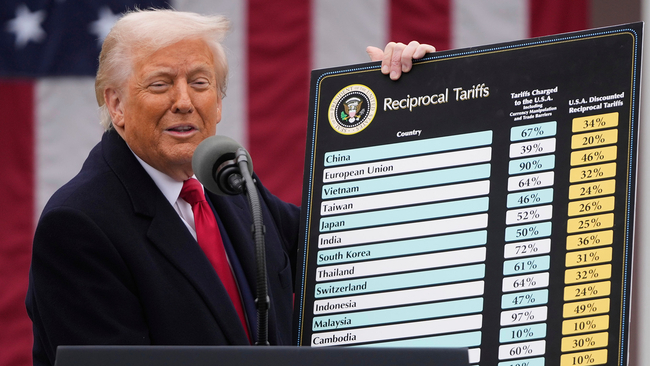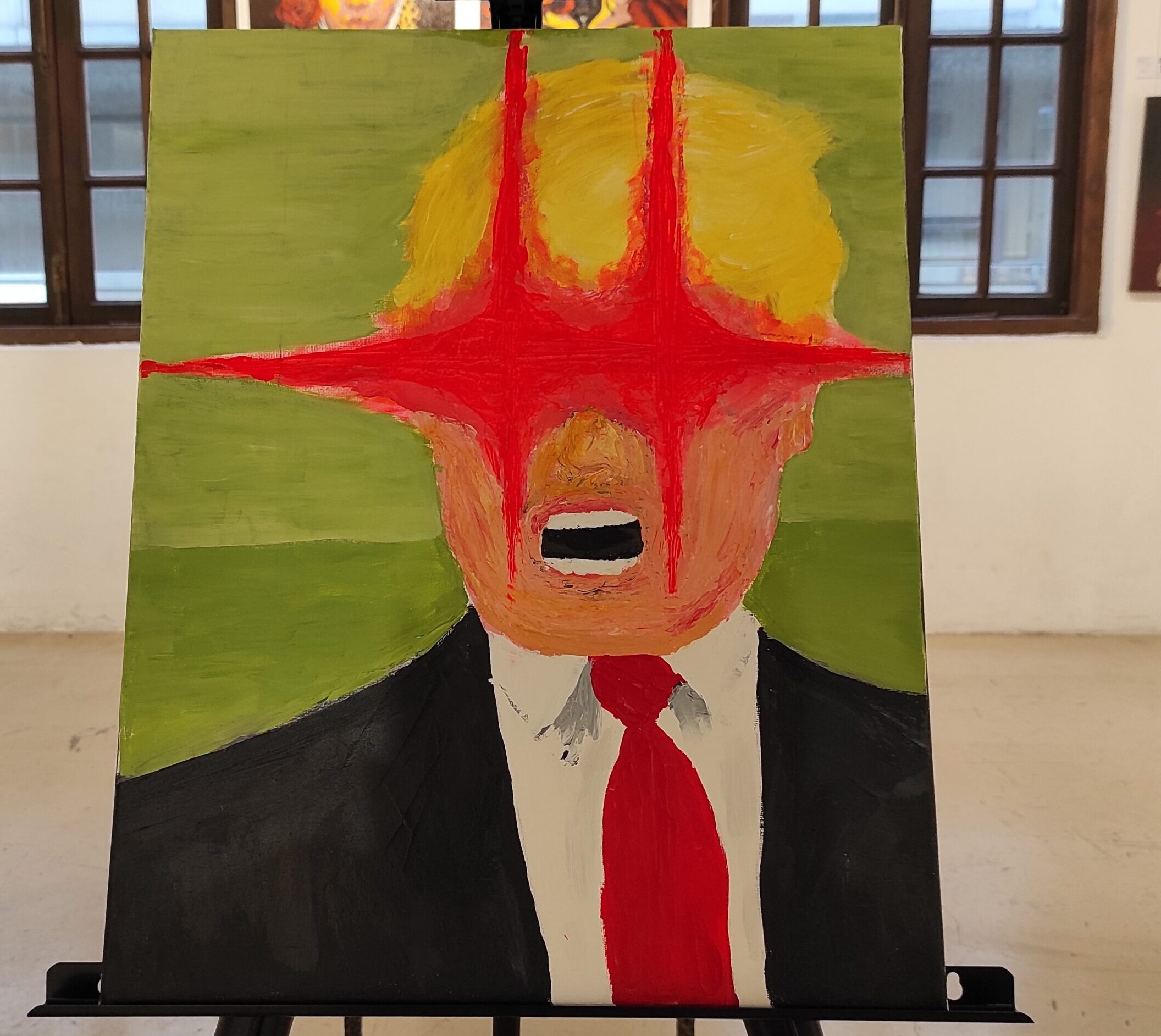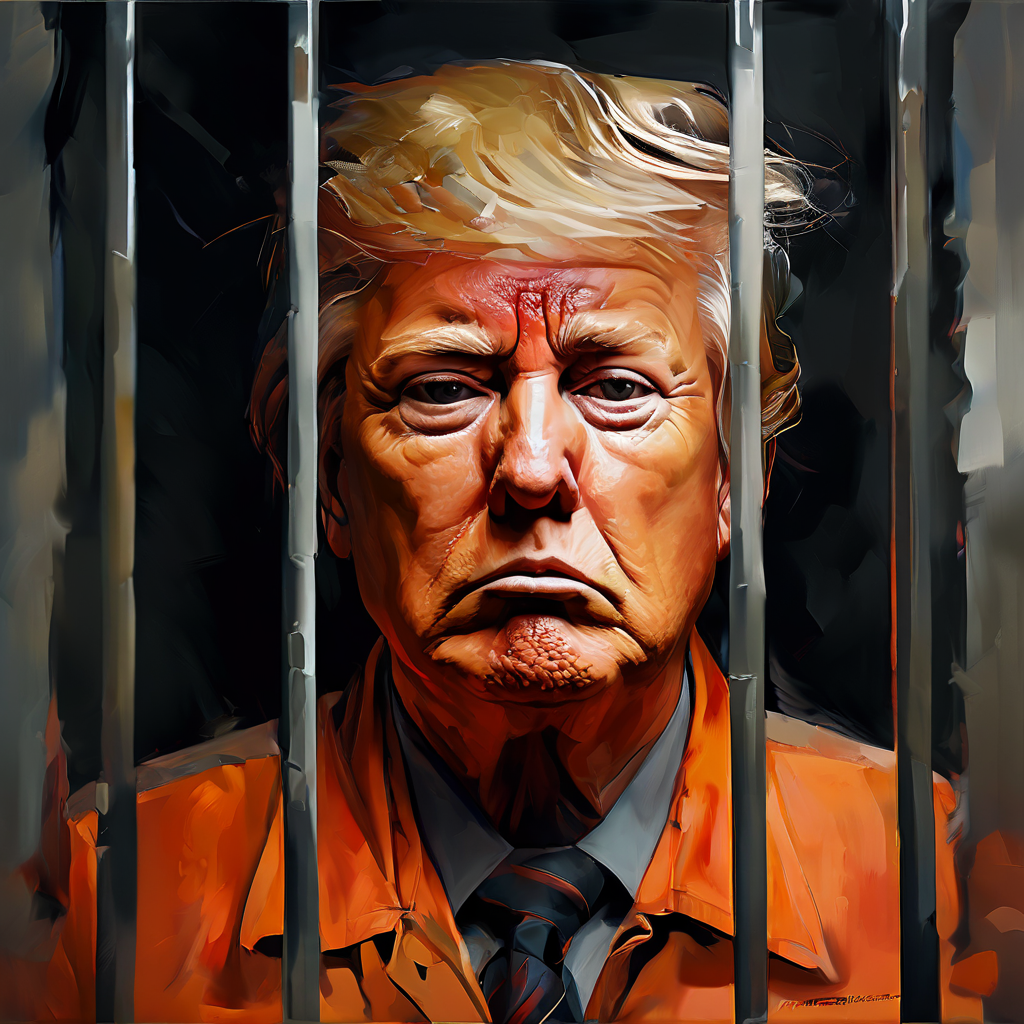Donald Trump’s Leadership: A Case Study in Toxicity and Lack of Accountability
34 felony counts for one of the most influential leader in the world
The recent conviction of former President Donald Trump on 34 felony counts of falsifying business records in connection with a hush money payment has once again brought his leadership traits into sharp focus. This historic verdict, marking the first criminal conviction of a former U.S. president, underscores several key aspects of Trump’s leadership style that have been widely criticized: toxicity, lack of accountability, and a penchant for scams and con artistry.
Toxic Leadership and Micromanagement
Donald Trump’s leadership has often been described as toxic, characterized by a divisive and confrontational style. His tendency to micromanage, especially in high-stakes situations, has been well-documented. During his trial, testimony revealed Trump’s meticulous involvement in the concealment of payments and falsification of business records, highlighting his hands-on approach to managing even the most dubious activities[17].
Lack of Accountability
One of the most glaring aspects of Trump’s leadership is his consistent refusal to take accountability for his actions. Throughout his presidency and beyond, Trump has deflected blame, often portraying himself as a victim of political persecution. This was evident in his reaction to the recent conviction, where he labeled himself a “political prisoner” and claimed the trial was rigged[5][11]. Such behavior not only undermines the principles of accountability but also sets a dangerous precedent for leaders who might emulate his tactics.
Scammer and Con Artist
Trump’s business practices have long been scrutinized, with numerous allegations of fraud and deceit. The New York trial further cemented this reputation, as prosecutors successfully argued that Trump orchestrated an illegal conspiracy to influence the 2016 presidential election by concealing hush money payments[1][3][5]. This conviction adds to a series of legal troubles, including other pending cases related to election interference and mishandling classified documents[11].
A Legacy of Poor Leadership
Historians and political analysts have frequently ranked Trump among the worst U.S. presidents, citing his failure to uphold the Constitution and his detrimental impact on national security and public health[2][4][8]. His administration’s handling of the COVID-19 pandemic and his role in inciting the January 6th insurrection are often highlighted as key failures that have left a lasting negative impact on the country.
Lessons for Leaders
Trump’s leadership style offers several cautionary lessons for current and aspiring leaders:
- Promote Accountability: True leadership involves taking responsibility for one’s actions and decisions. Deflecting blame and refusing to accept accountability can erode trust and credibility.
- Avoid Micromanagement: While attention to detail is important, excessive micromanagement can stifle innovation and create a toxic work environment. Empowering team members and trusting their expertise is crucial for effective leadership.
- Ethical Conduct: Engaging in fraudulent or deceitful practices can lead to severe legal and reputational consequences. Leaders must prioritize ethical behavior and transparency in all their dealings.
- Foster Unity: Divisive rhetoric and actions can polarize and destabilize organizations and societies. Leaders should strive to build consensus and promote inclusivity.
In conclusion, Donald Trump’s recent conviction and his overall leadership record serve as a stark reminder of the importance of ethical, accountable, and inclusive leadership. As we reflect on his legacy, it is imperative that we learn from these lessons to foster a more responsible and effective leadership culture.










